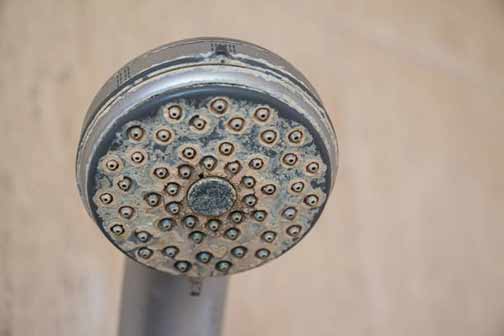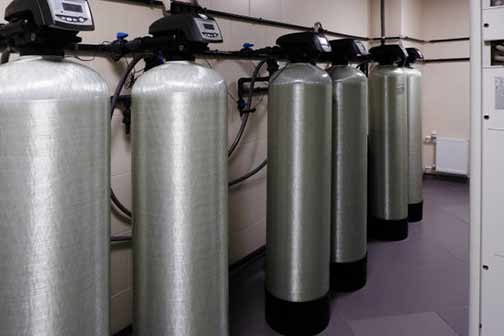
Hard water… What is that?
Ordinarily, hardness is not a word we should associate with water because water is a liquid, and liquids are not hard typically. But when water is described as “hard” or “soft,” it is not a reference to its physical state; if the water is liquid or solid (frozen).
Instead, it refers to the amount of dissolved minerals inside the water. Water hardness or softness plays a huge role in how water reacts with your plumbing and the appliances in your home, says Stewart Management. It can impact everyday tasks like washing or taking a shower.
But what exactly makes water hard?
Water supply is said to be hard if it contains high quantities of dissolved salts, like calcium, magnesium or limestone. Water becomes hard after it passes through bedrock with high amounts of calcium, magnesium or limestone before reaching the soil surface.
Hard water is a problem that only exists in some areas. But the good thing is the dissolved minerals in hard water do not make it unsafe for drinking. However, water hardness can have unintended consequences on your home and lifestyle.
How hard water affects your home
Formation of soap scum
Instead of a rich foamy lather, hard water reacts with soap/detergents to form a disgusting sticky substance called soap scum. Soap scum lines shower walls, sinks and the inside of drainpipes; it impairs your home’s aesthetics.
Dry skin and hair
The minerals in hard water and soap scum caused by hard water can coat your hair and skin, leaving the skin dry and making hair less silky. Hard water makes it hard to remove soap from your body.
Damage to clothes and fabric
Clothes are more likely to fade and begin to fray when they are washed in hard water. That is because the salt molecules cling to the fabrics.
Stains on dishes and glasses
Washing dishes and glasses in hard water is difficult because hard water leaves a thin film on the surface of the items.
Limescale in water pipe
The sedimentation rate within water pipes is higher when the water is hard. That shortens the lifespan of your pipes.
Low water pressure
Lime scale can narrow water pipe channels to the point of reducing their capacity and causing low water pressure.
Damage to appliances
Limescale in water heaters, dishwashers, washing machines and coffee makers impairs their efficiency and hastens their breakdown.
Water pipe leaks
Leaks increase with the rate of buildup inside water pipes. Limescale may also cause spikes in pressure that can crack the pipes.
High water bills
Hard water impacts your water bill. You will use more water than is normal and undetected leaks in the system can push the bill higher.
Higher home maintenance costs
The overall cost of maintaining your home will be higher when dealing with the above issues caused by hard water.

Whole-house water softeners are usually the best option, but it is possible to install a water softener for a specific plumbing fixture, such as the sink or refrigerator.
How to get rid of hard water in your home
These are the steps for solving your home’s hard water issues:
Test your water supply
detail you must analyze your water supply. A basic water testing kit will tell you the levels of calcium carbonate in the water. You can purchase these kits on Amazon for as low as $10. For more advanced tests, you may want to talk to a professional plumber.
Install a water softener
Water softeners remove the minerals that cause water hardness. The water-softening device is installed at the home’s main water supply pipe –in the basement or kitchen. All the water entering the house is fed into the water softener and forced to pass a bed of salt beads, which remove minerals inside the water. The treated water is then allowed to flow into the plumbing fixtures. Whole-house water softeners are usually the best option, but it is possible to install a water softener for a specific plumbing fixture, such as the sink or refrigerator.
Whole-house filtration system
Whole-house filtration systems are more advanced. Instead of merely softening the water, a whole-house filtration system filters out the impurities in water. While water softeners solve water hardness but do not filter out the impurities in water, whole-house filtration systems do both. Whole-house filtration systems remove bacteria, heavy metals, chlorine by-products and other impurities from your water supply.
Which solution is best for your home? The answer depends on the specifics of your problem and how much money you are willing to spend to fix the hard water problem. To make a decision that will benefit you in the long term, it is a good idea to contact a professional plumber.